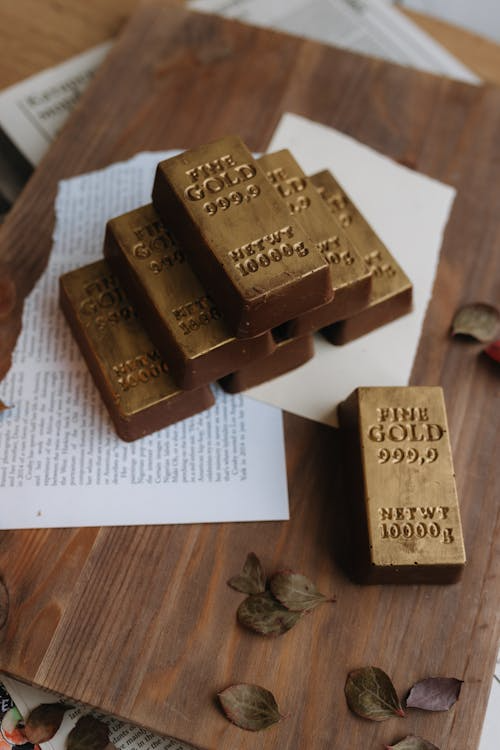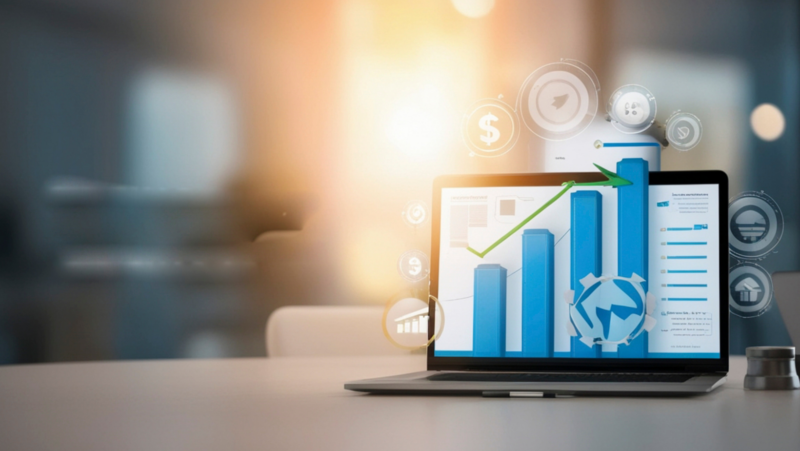
You should only buy from reputable businesses and not people off the street. There are people that will try to sell you things that they say are precious metals but turn out to be something different. They could also misrepresent the metals they are selling you.
The best way to tell if the business is reputable is to check the Better Business Bureau for any complaints. You can also get ratings of Goldco on Yelp to see what they are saying. Goldco is a company that most people trust.
This article will give you insight into buying precious metals. It will help you to make sure that you will get quality metals. You can also do more research to get the information that you are seeking.
What You Need to Know
1. You Should Start Small and Diversify – Begin with a small allocation of precious metals to your portfolio. Begin with about five to ten percent of your portfolio. Consider a mix of gold and silver and not just one or the other. Both have good qualities and not so good qualities.
Silver can be more volatile than gold, so you need to be aware of that. It is less expensive, and you can buy more of it for a little money. It also has a higher potential for returns than gold.
2. You Should Understand the Liquidity of the Different Forms – Physical bullion is the coins and bars and offers direct ownership. It can be more difficult to liquidate than ETFs or mining stock, so you need to remember that: https://dfi.wa.gov/financial-education/information/etfs. Gold ETFs usually offer the most liquidity and can be a better choice for you.
Gold is the most liquid of all the three most popular metals which include gold, silver, and platinum. All three are good for investments, gold is easier to work with. There are other metals that are invested in, but these are the three most popular.
3. Make Sure You Buy from Reputable Dealers – This was mentioned above, but it is very important. You should buy from dealers that have transparent pricing that is linked to spot prices, product authentication tools, buyback programs, and third-party certifications. These third-party certifications can come from PCGS, NGC for coins.
You can also talk to friends and family to see who they bought their precious metals from. Read reviews on the internet so that you can see what others have thought of them. Then check to see that they have all the information that you ask about.
Premiums on government gold coins, for example, can range from two and a half percent to eighteen percent above the spot price. If you have narrower bid-ask spreads, this indicates higher liquidity and lower transaction costs. If you know the difference between all this, you can get your best deal
5. You Should Plan for Secure Storage – You want to make sure that your metals are safe, so plan for secure storage. There are options such as a home safe that can be bolted, fireproof, and waterproof or professional facilities that can store them for you. Professional facilities can be bank vaults or specialized depositories.
Only you can decide where you need to store them. You know how safe your home is and how safe your neighborhood is. You also know how safe you feel with these metals in your home.
6. If You Store It, Be Aware of Storage Costs – Storage costs can include fees for keeping it safe and insurance that is necessary. These costs may be higher for physical assets than they can be for paper-based investments. Paper investments include ETFs and other paper-based assets.
There may be other costs associated with the storage of your assets. You need to ask these questions before you choose a place to store them. You want to be aware of all the costs that may be associated with it.
7. There are Tax Implications – You should be aware that there are tax implications that come with the buying and selling of precious metals. They are classified as collectibles by the IRS and therefore are subject to capital gains taxes. This means they can be taxed at a higher level than other investments.
There are tax advantages of using retirement accounts such as an IRA for your investments. You can add approved gold, silver, platinum, and bullion that meets purity standards. This usually means that it should be ninety-six percent pure.
8. There are Risks Involved – Precious metals can be subject to price volatility and fluctuations in the market. They don’t usually generate income like other investments can. They hold their value and can increase during times of economic downturns.
You should also be aware that fraud and counterfeiting are also risks that you must deal with. This is why you must find reputable dealers when buying them. You don’t want to be scammed out of thousands of dollars.
9. Learn How to Identify Fakes – There are ways that you can check the metals to see if they are fakes. Some ways include checking hallmarks, magnets, and density checks. There are other ways to check fakes, just ask a reputable dealer about them.
You might consider having a professional authenticate it so that you know it’s real. That is another reason that you want to go to a professional to buy them in the first place. You are less likely to buy fakes from a professional.
10. Talk to Your Financial Advisor – Before you do anything, you should talk to your financial advisor. They will know how you can best boost your financial gain. Precious metals are only one way to do this.
Conclusion
There are many things that you should learn before you buy precious metals. You want to be sure that you find a reputable dealer. You also want to be sure that you aren’t scammed by people who are trying to sell fake metals.












